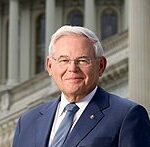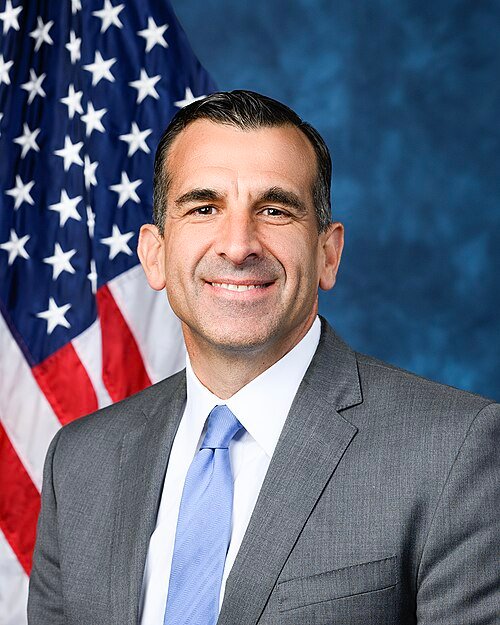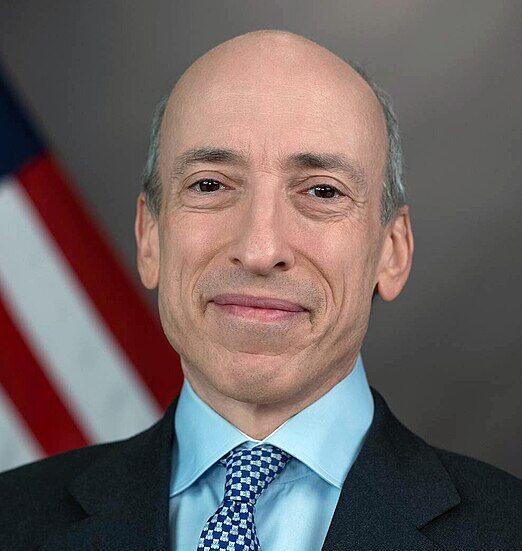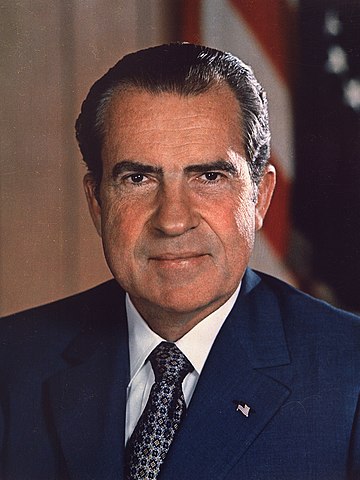
Nancy Pelosi is a Democratic politician who has served as the U.S. Representative for California’s 12th District since 1987 and is one of the most influential figures in American politics. Pelosi made history as the first woman to serve as Speaker of the House, holding the position from 2007 to 2011 and again from 2019 to 2023. Renowned for her ability to unify her caucus and navigate legislative challenges, Pelosi is also a polarizing figure whose tenure has been marked by criticisms of partisan tactics, controversial policies, and allegations of conflicts of interest related to stock trading.
Early Life and Political Beginnings
A Political Family Legacy
Nancy Patricia D’Alesandro was born on March 26, 1940, in Baltimore, Maryland, into a prominent political family. Her father, Thomas D’Alesandro Jr., was a Democratic Congressman and Mayor of Baltimore, fostering Pelosi’s early exposure to politics.
After graduating from Trinity College in Washington, D.C., she moved to San Francisco, where her marriage to Paul Pelosi and her work in Democratic Party organizing eventually paved her way into Congress.
Congressional Career
Rising Through the Ranks
Pelosi entered Congress in 1987, representing a liberal San Francisco district. Known for her sharp political instincts, she quickly climbed the Democratic leadership ladder, becoming House Minority Leader in 2002 and eventually Speaker of the House.
Tenure as Speaker
Pelosi’s leadership has been defined by her ability to marshal votes for Democratic priorities, including the Affordable Care Act in 2010 and major COVID-19 relief packages during her second tenure as Speaker. Her skill in managing a diverse caucus, ranging from progressives to moderates, is widely recognized as one of her defining strengths.
Policy Achievements and Leadership Style
Healthcare and Social Issues
Pelosi played a pivotal role in passing the Affordable Care Act under President Obama, solidifying her legacy as a champion of healthcare reform. She has also advocated for climate action, LGBTQ+ rights, and economic equality.
Partisan Leadership
While Pelosi’s legislative acumen is admired by Democrats, her leadership style has drawn criticism from Republicans, who view her as a divisive figure responsible for deepening partisan divides in Congress. Her emphasis on maintaining party unity often comes at the cost of bipartisan cooperation.
Controversies and Criticism
Stock Trading and Ethical Concerns
Pelosi and her husband, Paul Pelosi, have faced significant scrutiny over their stock trading activities. Critics argue that the couple has benefited from insider knowledge due to Pelosi’s position in Congress. For example, Paul Pelosi’s investments in technology and financial sectors have coincided with key legislative decisions, raising questions about conflicts of interest.
While Pelosi has denied wrongdoing and stated she does not influence her husband’s financial decisions, these trades have fueled calls for stricter regulations on stock trading by members of Congress. Many argue that lawmakers and their families should be banned from trading individual stocks, as it undermines public trust and creates opportunities for potential abuse of power.
Perceived Elitism
Critics often accuse Pelosi of being out of touch with working-class Americans, pointing to her wealth, high-profile lifestyle, and policy priorities that sometimes seem disconnected from grassroots concerns.
Strengths and Accomplishments
Trailblazer for Women
Pelosi’s career represents a groundbreaking achievement for women in U.S. politics. As the first female Speaker of the House, she shattered barriers and inspired future generations of women to pursue leadership roles.
Legislative Mastery
Pelosi’s ability to count votes and broker deals is unmatched in modern congressional history. Her focus on healthcare, economic relief, and climate legislation has left a lasting impact on the Democratic Party’s policy agenda.
Criticism and Challenges
Partisan Polarization
Pelosi’s tenure has coincided with an era of extreme partisanship in American politics. While her leadership has advanced Democratic priorities, her uncompromising approach has exacerbated tensions between the two parties.
Stock Trading Scandals
The ongoing controversy surrounding the Pelosi family’s stock trading activities has led to broader discussions about ethics in Congress. Critics argue that her wealth and financial dealings make her a symbol of the disconnect between lawmakers and the public they serve.
Limited Bipartisanship
While Pelosi’s legislative accomplishments are significant, her focus on party-line victories has often left little room for bipartisan collaboration.
Conclusion
Nancy Pelosi’s career is a study in contrasts: a groundbreaking leader and legislative powerhouse whose tenure has also been marred by ethical questions and partisan strife. Her achievements in healthcare and social reform are undeniable, yet her polarizing style and controversies, particularly regarding stock trading, highlight the growing distrust between lawmakers and the public. As the debate over congressional ethics continues, Pelosi’s legacy serves as a reminder of the need for greater accountability in American politics.
- Congress.gov — Member Profile
- Congress.gov — Sponsored/Co-sponsored Bills
- Clerk of the House — Member Directory
- House Disclosures — Financial Disclosure
- FEC — Candidate Page (H8CA05035)
- FEC — Candidate Committee (Nancy Pelosi for Congress)
- GovTrack — Nancy Pelosi Profile
- Voteview — Roll-Call Voting & Ideology
- C-SPAN — Nancy Pelosi
- Ballotpedia — Nancy Pelosi
- OnTheIssues — Nancy Pelosi
- Project Vote Smart — Biography & Voting
- OpenSecrets — Summary
- OpenSecrets — Top Contributors
- OpenSecrets — Industries
- OpenSecrets — Personal Finances (Net Worth & Assets)
- Official Website — U.S. House
- Official Press Releases — House.gov











